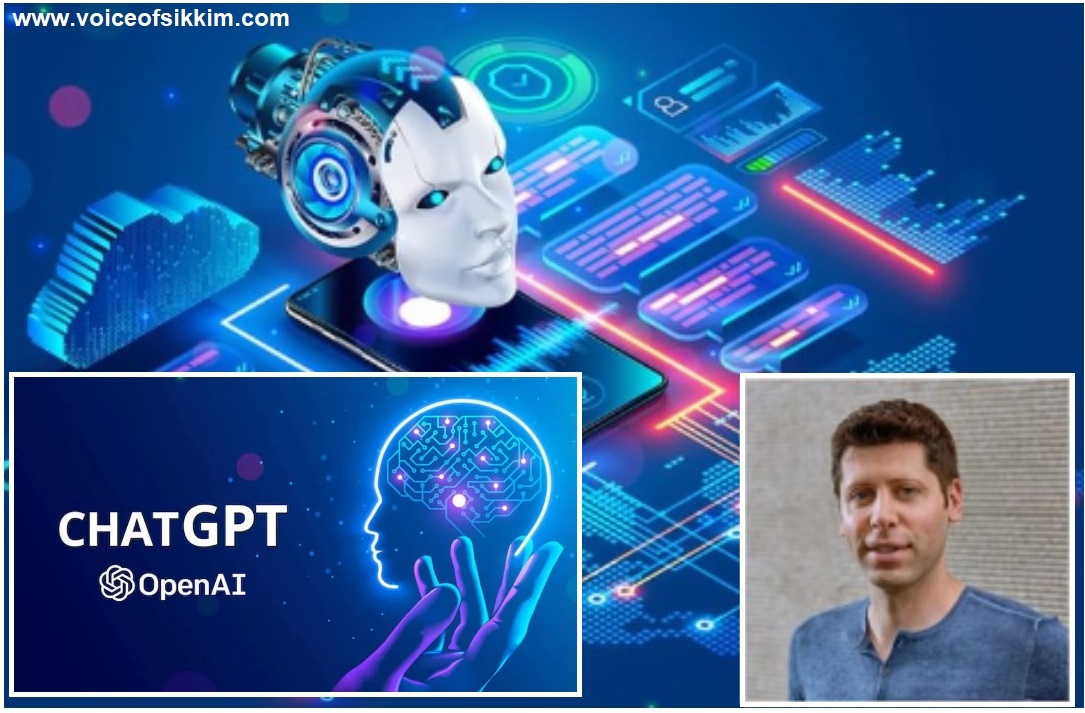
During a Senate hearing on Tuesday, Sam Altman, the CEO of OpenAI, the company behind ChatGPT, addressed concerns regarding the risks associated with artificial intelligence (AI) systems. Altman emphasized the importance of government intervention in order to effectively manage and mitigate these risks as AI technology continues to advance.
Acknowledging the apprehension felt by both the public and his company, Altman expressed the need to address the potential impact of AI on our daily lives. OpenAI gained significant attention when they introduced ChatGPT, a chatbot tool capable of providing human-like responses to questions. Initially, concerns centered around its misuse for academic dishonesty, but these worries have expanded to encompass broader issues such as the potential for generative AI tools to spread misinformation, infringe upon copyright laws, and disrupt certain job markets.
Although there are currently no immediate indications that Congress will enact comprehensive regulations on AI, as seen in Europe, societal concerns prompted Altman and other tech CEOs to engage in discussions at the White House earlier this month. Furthermore, various U.S. agencies have pledged to take action against harmful AI products that violate existing civil rights and consumer protection laws, indicating a commitment to addressing these pressing issues.
Senator Richard Blumenthal, who chairs the Senate Judiciary Committee’s subcommittee on privacy, technology, and the law, began the hearing with a pre-recorded speech. The speech, sounding remarkably like the senator himself, was actually generated by a voice clone trained on Blumenthal’s previous floor speeches. He had asked ChatGPT to provide an opening speech for the hearing. While impressed with the result, Blumenthal raised concerns about the potential misuse of such technology. What if the chatbot had endorsed Ukraine surrendering or praised Russian President Vladimir Putin’s leadership?
Blumenthal proposed that AI companies should be obligated to test their systems and disclose any known risks before releasing them to the public.
OpenAI, established in 2015, is renowned for its various AI products, including DALL-E, an image-maker. The startup has received significant investments from Microsoft, which has also integrated OpenAI’s technology into its own products, including the popular search engine Bing.
OpenAI’s CEO, Sam Altman, has plans to embark on a global tour this month, visiting national capitals and major cities across six continents. His aim is to engage with policymakers and the public to discuss the implications of this technology. Just before his testimony in the Senate, Altman had a dinner meeting with numerous U.S. lawmakers. Several of them expressed their admiration for his comments and insights.
In addition to Altman, other experts testified at the hearing. Christina Montgomery, IBM’s chief privacy and trust officer, and Gary Marcus, a professor emeritus at New York University, were among them. Marcus, along with a group of AI experts, had previously called on OpenAI and other tech firms to halt the development of more advanced AI models for six months. Their intention was to allow society more time to carefully consider the risks involved. Their letter was prompted by OpenAI’s release of GPT-4 in March, a model that surpasses the capabilities of ChatGPT in terms of power and sophistication.
According to Senator Josh Hawley of Missouri, the ranking Republican on the panel, artificial intelligence (AI) has the potential to bring about transformative changes that we can’t even fully comprehend yet. Its impact will extend to important aspects of Americans’ lives, such as elections, jobs, and security. He emphasized the significance of this hearing as an initial step towards comprehending the necessary actions Congress should take.
While OpenAI’s CEO, Sam Altman, and other leaders in the tech industry acknowledge the need for AI oversight, they have expressed concerns about excessively strict regulations. IBM’s Christina Montgomery, in her prepared remarks, suggests a different approach. She proposes a concept called “precision regulation,” which involves establishing rules specifically tailored to govern the deployment of AI in particular use cases, rather than regulating the technology itself.
The aim is to strike a balance where regulations can address the potential risks and challenges associated with AI while still allowing for innovation and growth in the field. This nuanced approach seeks to find the right level of control and accountability without stifling the benefits that AI can bring to society.
For breaking news and live news updates, like us on Facebook fb.com/thevoiceofsikkim or follow us on Twitter twitter.com/thevoicesikkim and Instagram instagram.com/thevoiceofsikkim. Visit www.voiceofsikkim.com.






